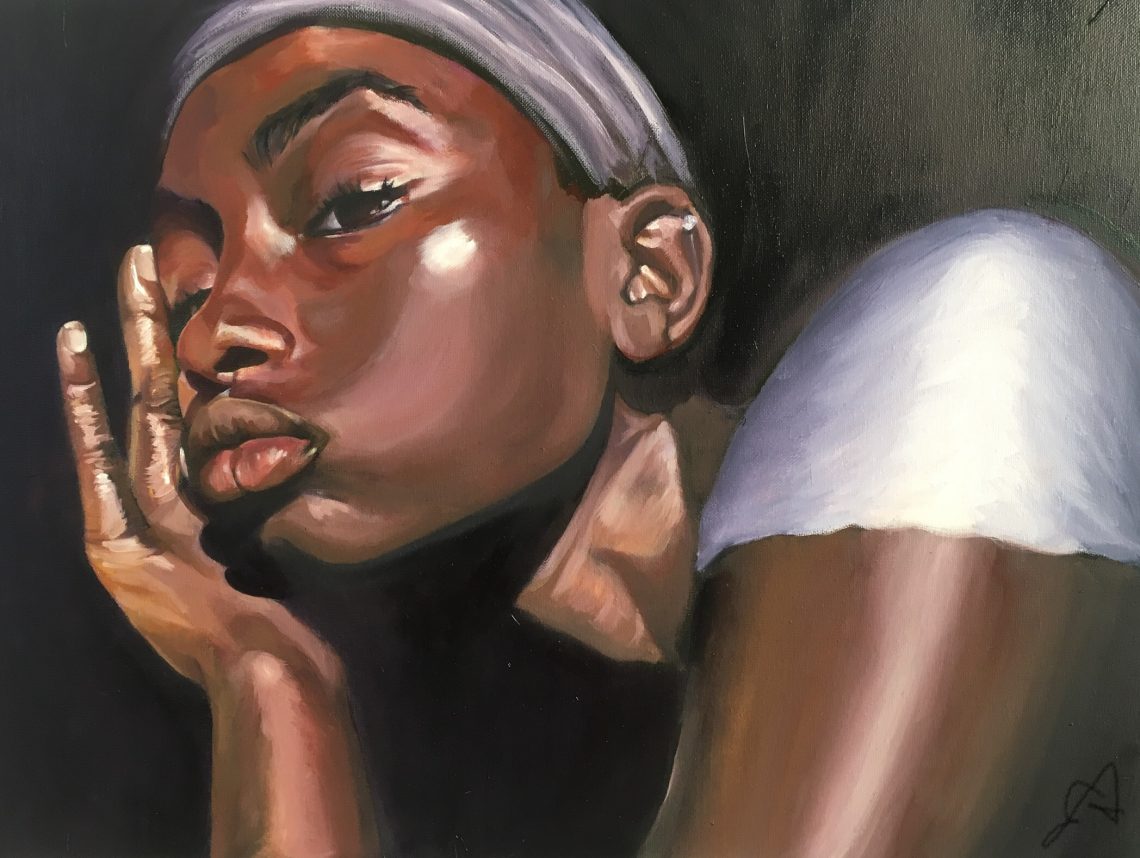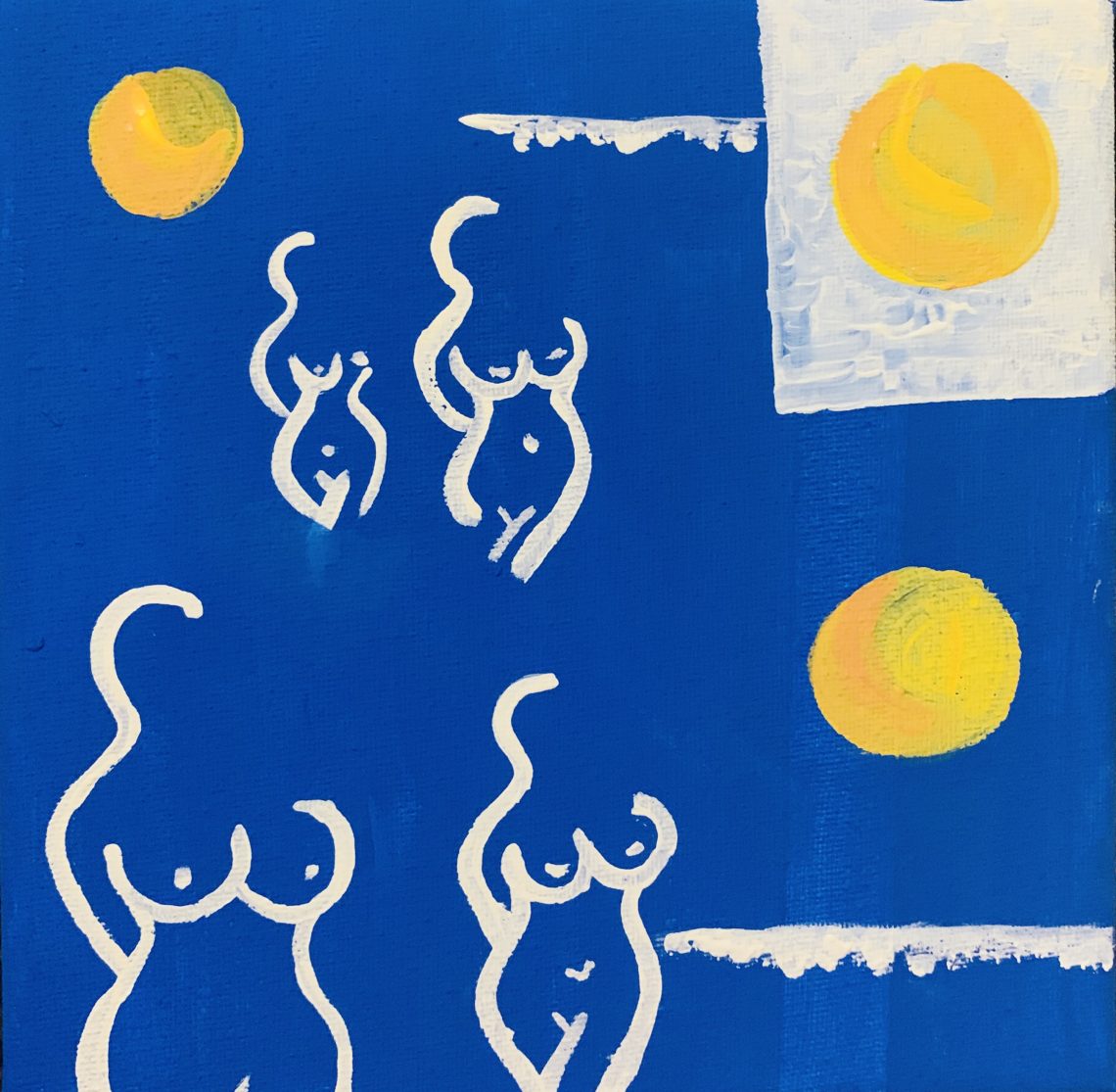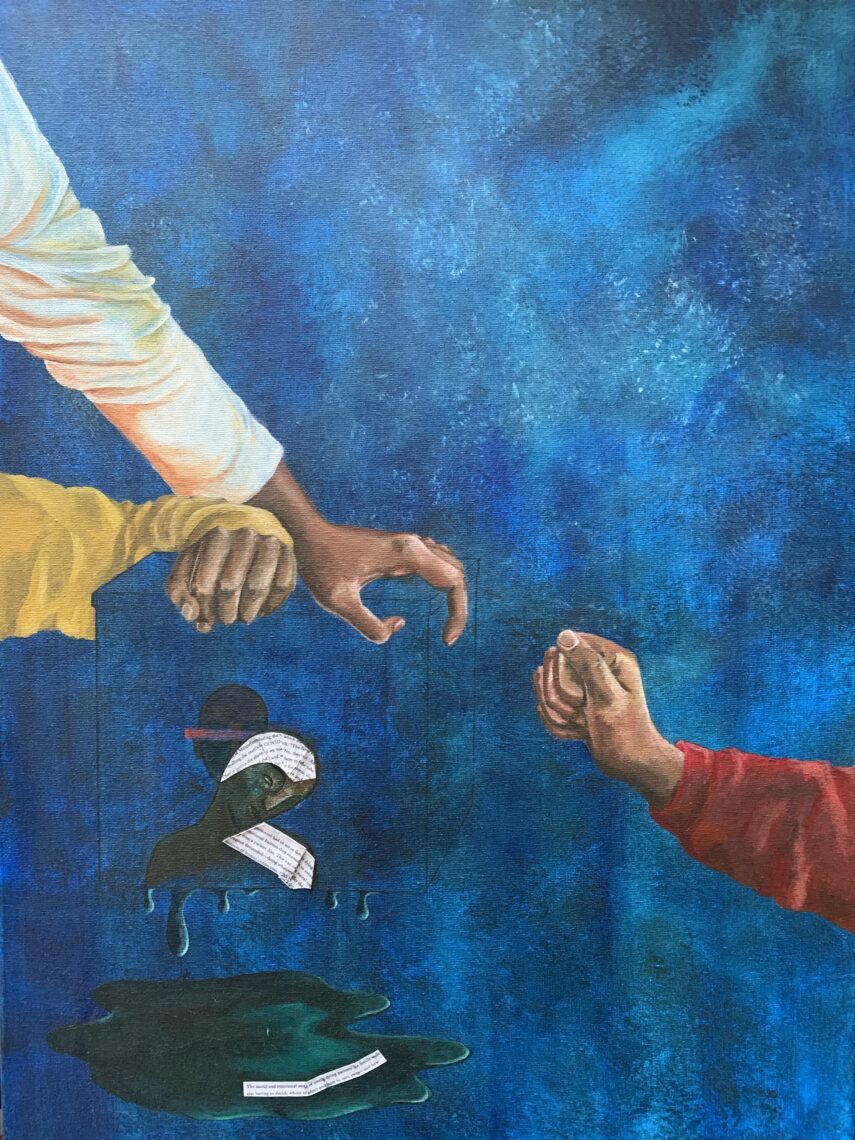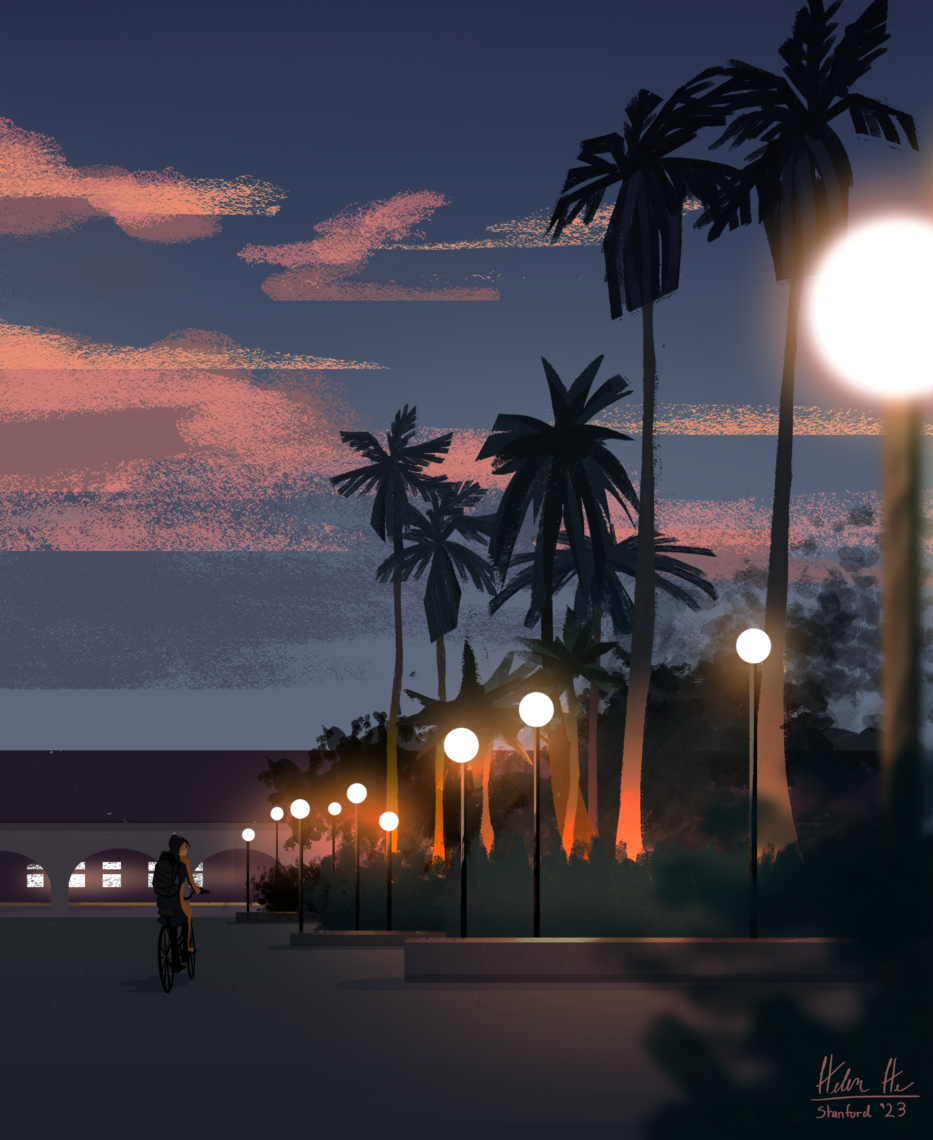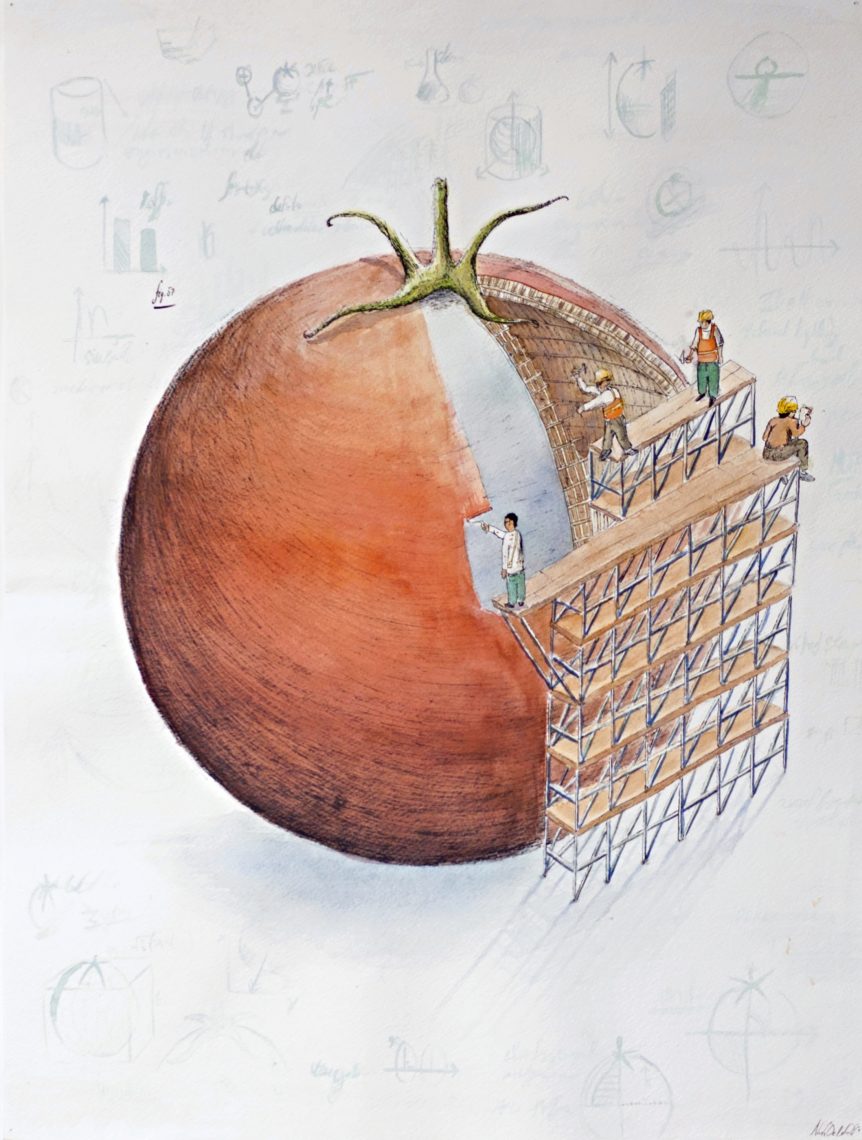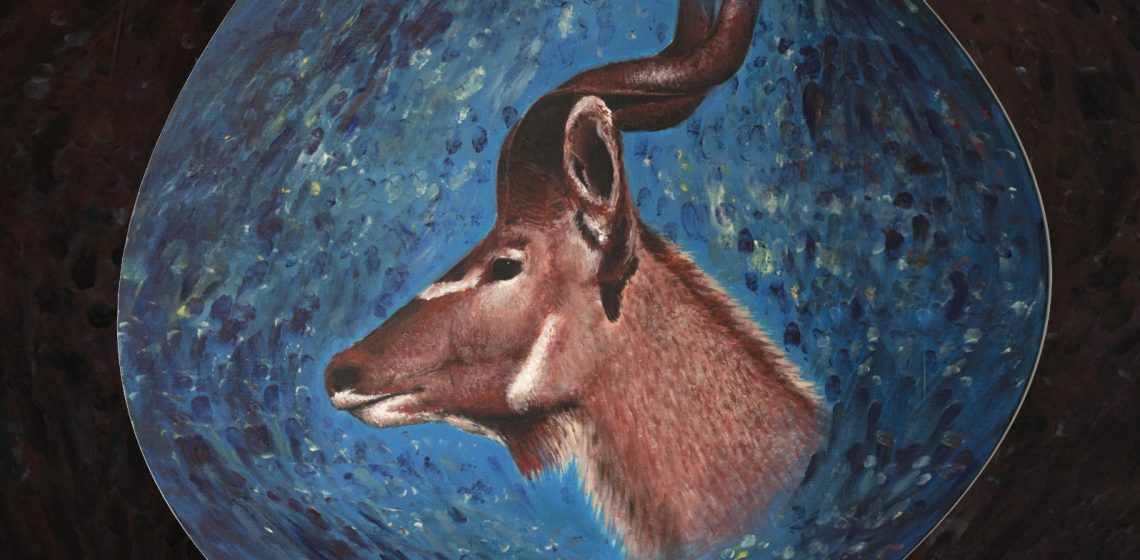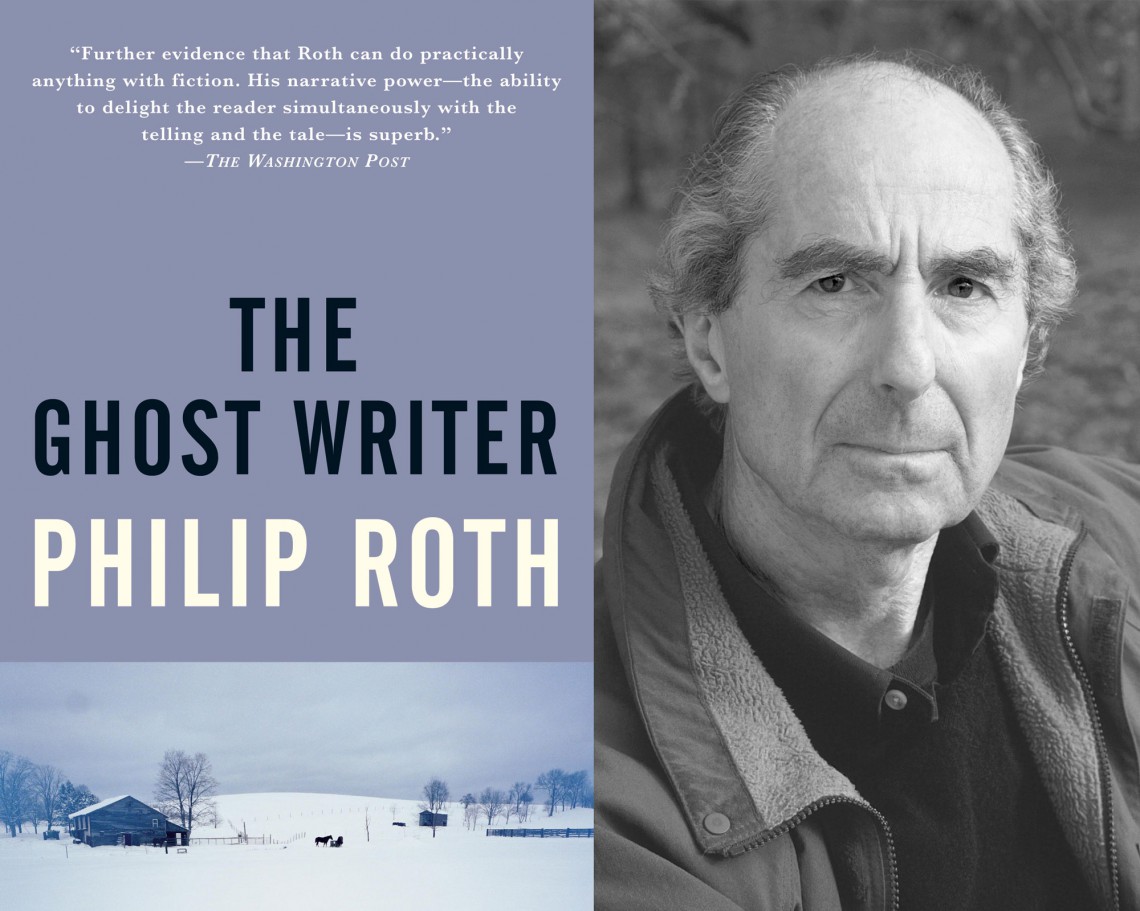
Photo by Nancy Crampton
All-star panel to discuss Philip Roth’s The Ghost Writer at Stanford
Michael Chabon and Ayelet Waldman will join Tobias Wolff to discuss Roth's 1979 classic, The Ghost Writer, on Feb. 25. In an interview with Another Look, Philip Roth discusses the book.
Philip Roth is one of the nation’s undisputed literary giants. He’s received the Pulitzer Prize, the Man Booker International Prize, the National Medal of Arts, the National Humanities Medal, the American Academy of Arts and Letters Gold Medal in Fiction and two National Book Awards. Every year he appears on the Ladbroke’s list of Nobel contenders.
Provocative, pugnacious, eloquent, he’s always caused a buzz – and he’ll do so again at Stanford this month. He will appear on campus, at least in spirit, with his 1979 classic, The Ghost Writer. The seasonal Another Look book club event will take place at 7:30 p.m. Tuesday, Feb. 25, at the Stanford Humanities Center. Award-winning author Tobias Wolff, a professor of English, will join two of the nation’s leading novelists, Michael Chabon and Ayelet Waldman, for a discussion. The event is free and open to the public.
The occasion marks the first time Another Look has featured a living author. Though the 80-year-old author of Goodbye, Columbus and Portnoy’s Complaint won’t be able to attend, Roth took a few moments to discuss The Ghost Writer, his obsession with language, book clubs and other topics in an interview with Another Look.
Roth’s novels famously veer between lacerating wit, penetrating observation, historical tragedy and, in his most recent works, mortality. Writing with a cathartic energy and anger, angst and sexual obsession, his works have outraged and delighted readers for years.
Although he draws on his Jewish background, Roth steadfastly refuses to be labeled as a Jewish American writer. “‘An American-Jewish writer’ is an inaccurate if not also a sentimental description, and entirely misses the point. The novelist’s obsession, moment by moment, is with language: finding the right next word,” he said in the Stanford Report interview. “I flow or I don’t flow in American English. I get it right or I get it wrong in American English.”
The Ghost Writer tells the story of an ambitious young writer, Nathan Zuckerman, visiting a famous one, E.I. Lonoff, at the older author’s home in western Massachusetts in 1956. A winter storm leaves Zuckerman and the Lonoffs snowbound with a young Jewish refugee from Europe. Zuckerman, estranged from his community for portraying Jewish families in an irreverent light (rather like Roth himself), imagines the beautiful young stranger is Anne Frank, mysteriously survived and in America, who will somehow vindicate him.
Wolff says it’s among his favorite novels.
“Among the many distinguished, indeed essential, novels Philip Roth has given us over the past 50 years, The Ghost Writer is one of the most remarkable – remarkable for its formal mastery, for the subtle, persuasive voice through which Roth brings his narrator to life, and for the sheer audacity of its conception,” he says. “In the enigmatic figure of Amy Bellette, Nathan Zuckerman is led to consider a possibility that will challenge our understanding of history, and the way in which history is shaped to the purposes of those who demand something from it – a lesson, a consolation, a hero, a martyr. The novel makes us feel the necessity, and pain, of recognizing our illusions – personal, artistic, historical.”
Claudia Roth Pierpont, author of the newly published Roth Unbound: A Writer and His Books, said of The Ghost Writer: “Like The Great Gatsby or Willa Cather’s The Professor’s House, it is one of our literature’s rare, inevitably brief, inscrutably musical and nearly perfect books.”
While Another Look generally features off-the-beaten-track books and authors, in this case it is burnishing an established legacy, one so long that its earlier masterpieces may be overlooked. “This is not a lost book,” said Wolff. “This isn’t the Dead Sea scrolls. Roth has written so much, so well, for so long, that it’s possible for books to fall under the shadow of his late monumental works, such as American Pastoral and Sabbath’s Theater.”
In any case, Roth insists that his oeuvre is now complete, so perhaps it’s time to give another look to all his books. Will there really be no more novels from America’s most famous pen? “Well, you better believe me, because I haven’t written a word of fiction since 2009,” Roth told Another Look. “I have no desire to write fiction. I did what I did and it’s done.”
The “Another Look” book club focuses on short masterpieces that have been forgotten, neglected or overlooked – or may simply not have gotten the attention they merit. The selected works are short to encourage the involvement of the Bay Area readers whose time may be limited. Registration at the Another Look website is encouraged for regular updates and details on the selected books and events.
Cynthia Haven is a visiting scholar at Stanford.






